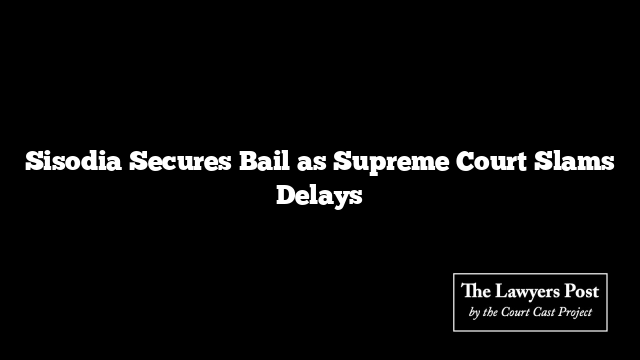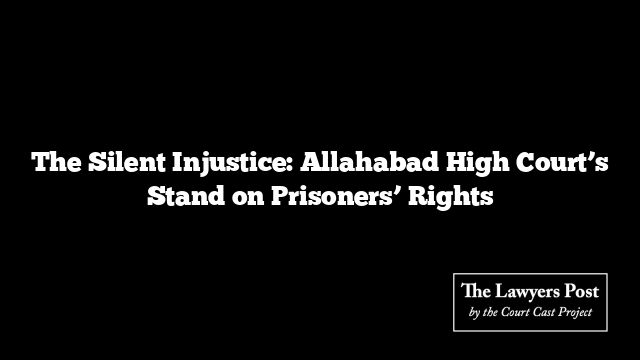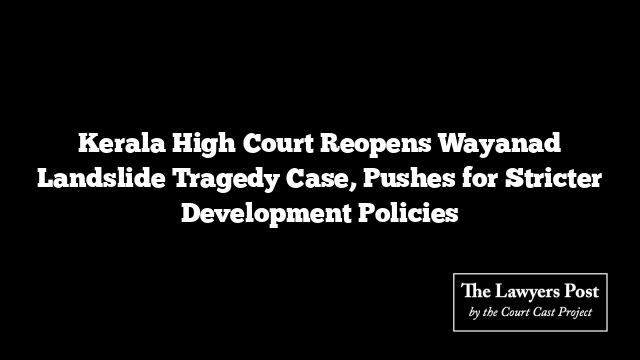In a landmark decision, the Supreme Court has granted bail to Aam Aadmi Party leader Manish Sisodia, marking a significant turn in the ongoing Delhi Excise Policy case. The Court criticized the protracted trial, emphasizing that it infringed upon Sisodia’s right to a speedy trial—a fundamental aspect of personal liberty.
The ruling came from a Bench of Justices BR Gavai and KV Viswanathan, who overturned the Delhi High Court’s earlier decision. The judges highlighted that the long delays in the trial process could not justify keeping Sisodia behind bars. “The right to a speedy trial is a sacred right,” the Bench declared, pointing out that the lengthy incarceration without timely trial progress would only serve to undermine this principle.
As part of his bail conditions, Sisodia must provide ₹2 lakh in bail bonds, surrender his passport, and regularly report to the police. The Court further asserted that Sisodia, with strong ties to the community, poses no flight risk, nor is there any substantial chance of him tampering with evidence, as the case primarily hinges on already secured documentation.
The Court’s decision also criticized lower courts for their tendency to deny bail routinely, suggesting that these courts have been “playing it safe” rather than upholding the principle that bail should be the norm, not the exception. The judges clarified that the typical “triple test” for bail under the Prevention of Money Laundering Act (PMLA) did not apply in this situation due to the significant delays in the trial.
The Supreme Court rejected the trial court’s previous conclusion that Sisodia had caused delays through various applications. After reviewing the evidence, the judges found no merit in the claim that Sisodia’s actions were frivolous or intended to stall the proceedings.
With this ruling, the Supreme Court has essentially ensured that Sisodia will not have to navigate the labyrinth of the lower courts again for bail—a move the judges likened to playing “a game of snake and ladder.” The Court reaffirmed that legal procedures should serve justice, not hinder it, emphasizing that Sisodia’s right to revive his bail petition after the filing of the chargesheet was fully valid.
This decision follows a series of unsuccessful bail attempts by Sisodia, who has been in custody since February 2023. The case revolves around allegations that the Delhi Excise Policy was manipulated to benefit certain liquor vendors in exchange for financial contributions to AAP’s election campaign in Goa.
During the hearing, Sisodia’s legal team argued that there was no substantial evidence linking him to the alleged crimes, highlighting that he had already served a significant portion of the potential sentence if found guilty. The Enforcement Directorate, however, maintained that Sisodia had delayed the trial through various legal maneuvers and could potentially influence witnesses if released.
Ultimately, the Supreme Court’s decision reflects a critical stance on the importance of timely justice, sending a clear message to lower courts about the fundamental rights enshrined in the Constitution.





